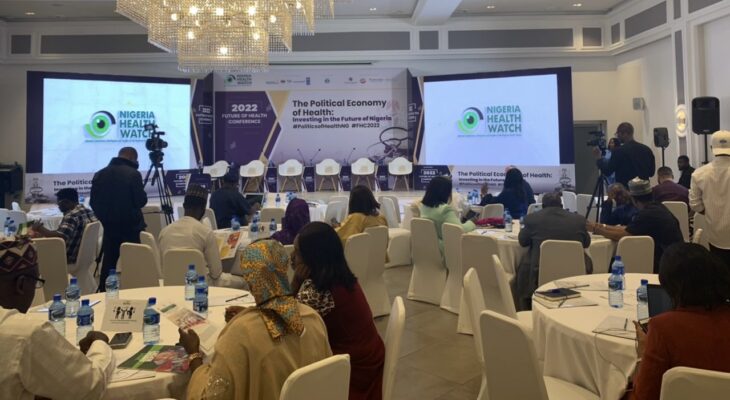Nigeria has been urged to move quickly in domesticating the amended International Health Regulations (IHR), with health professionals stressing that the reforms could transform the country’s readiness for future pandemics.
The appeal was made in Abuja on Tuesday, following the adoption of the revised IHR at the 77th World Health Assembly in Geneva last year.
The amendments introduced a new category known as a “pandemic emergency,” designed to trigger faster global cooperation whenever an outbreak escalates beyond a Public Health Emergency of International Concern.
They also require each country to set up a National IHR Authority to coordinate response measures and guarantee fairer access to vaccines, medicines, and funding during health crises.
Read Also: Global sanitation crisis threatens health, economy, climate – World Bank
For Gabriel Adakole, a Nigerian public health expert, the changes could not be more timely. Citing recent experiences with COVID-19, cholera, Lassa fever, and mpox, he noted that the reforms would “enhance Nigeria’s ability to rapidly detect, report, and respond to health threats, while ensuring better coordination with the global community.”
WHO Director-General, Dr Tedros Adhanom Ghebreyesus, hailed the reforms as a landmark pledge to shield future generations from the severe consequences of epidemics and pandemics.
Ishaku Akyala, an associate professor of infectious diseases at Nasarawa State University, said the amended regulations give Nigeria a clearer framework for coordination and accountability, both within the government and with global partners.
He added that steps are already being taken to harmonise national outbreak response systems with the global standards.
According to him, the revised IHR will be key to strengthening Nigeria’s health security architecture, especially in workforce development, disease surveillance, and sustainable financing.
Virologist Solomon Chollom welcomed the introduction of the pandemic emergency alert, calling it a turning point.
“For a country like Nigeria, where outbreaks are recurrent, an early and globally coordinated alert system means more timely support and fewer delays in mobilising critical resources,” he said.
He also emphasised that the COVID-19 experience revealed stark inequalities.
“The new IHR provisions on equity and solidarity, if implemented well, will give African countries like Nigeria a stronger voice and better leverage in global health negotiations,” he said.
The IHR has undergone several revisions since its inception in the mid-20th century. Its last major review came in 2005 after the SARS outbreak, but the 2024 amendments are considered the most comprehensive in nearly two decades.
While 11 out of the 196 IHR state parties rejected the reforms, Nigeria joined the majority in backing them. The Ministry of Health and Social Welfare, alongside the Nigeria Centre for Disease Control (NCDC) and other institutions, is expected to guide the implementation process.
The IHR reforms also come at the same time as the endorsement of the WHO Pandemic Agreement, which Nigeria supports. Negotiations are still ongoing over its annex on pathogen access and benefit sharing, aimed at ensuring equitable use of samples and the benefits they generate.



